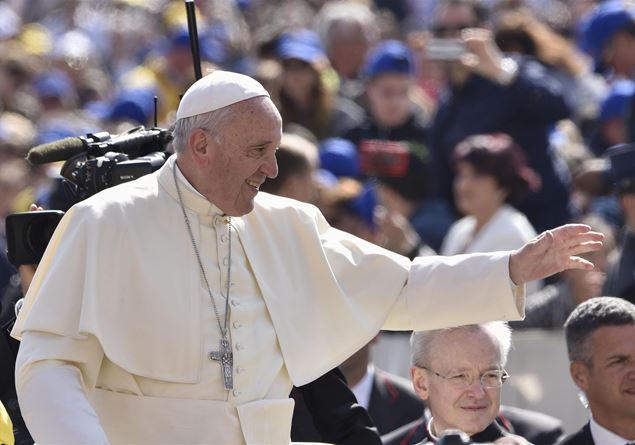Pope Francis, aka Jorge Mario Bergoglio, was elected on March 13, 2013, the first Jesuit pontiff and first coming from Latin America. From the beginning, he chose the name Francesco, inspired by St. Francis of Assisi, to underline his commitment for the poor, the peace and custody of creation.
A few months after the election, on July 8, 2013, he performs his first pastoral visit to Lampedusa, launching a strong appeal against the “globalization of indifference” and in favor of migrants. This gesture marks a figure of his pontificate: attention to the margins, strong gestures, simple and direct language.
During his mandate he promoted an open dialogue with other religions, signing in 2019 to Abu Dhabi with the great imam of Al-Azhar the “document on human brotherhood”, a milestone in interreligious dialogue.
In 2015, at the Glass Palace, he became the fourth Pope to speak to the United Nations, recalling the need for an economy that focuses on man and not profit.
He convened synods innovative, like the one on the Amazon, and faced social and environmental issues in encyclical such as Laudato yes And All brothers.
In recent years he has shown great humanity speaking openly of his physical fragility and the diseases that afflict him, without hiding the hypothesis of a possible renunciation.
His pontificate remains marked by the will of a “outgoing” Church, closer to people and less self -referential, capable of dialogue with the world and opening up to the challenges of our time. Pope Francis died on April 21, 2025, leaving a profound legacy of reform, mercy and attention to the last.


